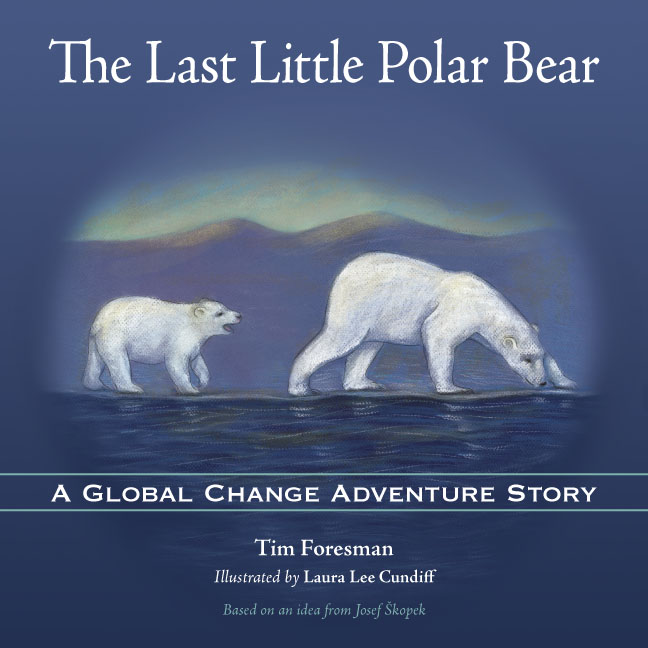June 5, 2007

-Jessica Phillips

-Jessica Phillips



-Jessica Phillips

-Jessica Phillips

Congressman Parren J. Mitchell
April 29, 1922 – May 28, 2007
Today we will be remembering the incomparable Congressman Parren J. Mitchell with some of his friends. What are your memories of Congressman Parren? Were you his constituent? What will you remember about him?
-Jessica Phillips

-Jessica Phillips

Image borrowed from www.theamericas.org
Tomorrow we'll be discussing the thousands upon thousands of vacant homes that plaque our city, and ideas for saving them. I realized today that as Baltimore is only the second city I have ever lived in, I have never really thought about the vacant homes. I never really questioned what they were doing there. I thought it was sad, sure, and unfortunate, but I guess I sort of accepted it as a "city thing". But it's not, is it? It's a Baltimore thing, I guess. I'd love to hear your thoughts on this. What other cities have you lived in and what was the vacant home situation there? What are your ideas for how to fill those homes? Hope you enjoy the show. Marc will be talking with Michael Mazepink of the People's Homesteading Group,Alan Chantker from the Mid-Atlantic Real Estate Investor's Association,and Michael Bainum, Baltimore's Assistant Commissioner for Land Resources.-Jessica Phillips
-Jessica Phillips

The red dots indicate recovered bodies. The blue flags indicate water stations operated by Humane Borders.

-Jessica Phillips
-Jessica Phillips
-Jessica Phillips
-Jessica Phillips
--Jessica Phillips